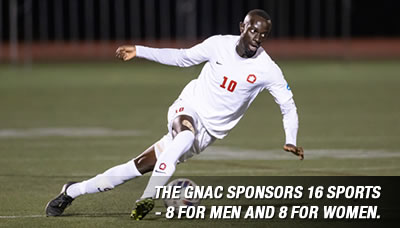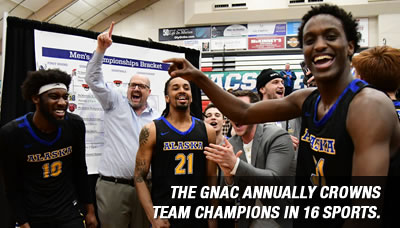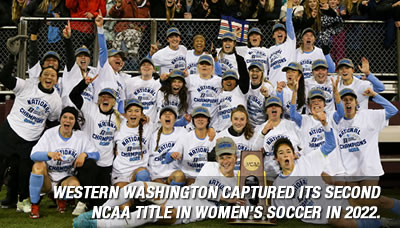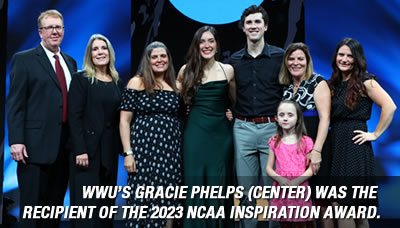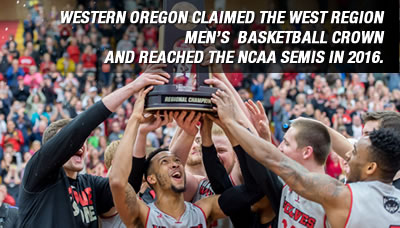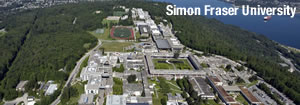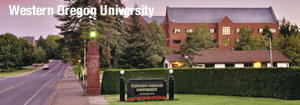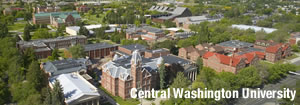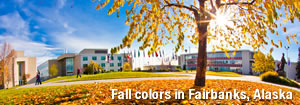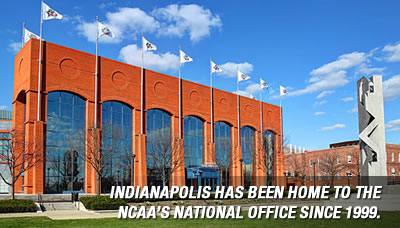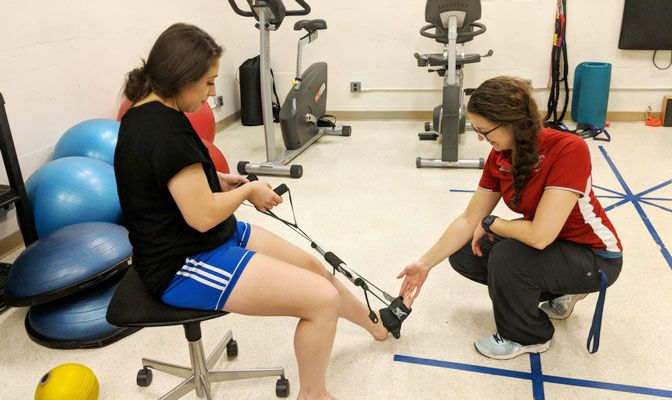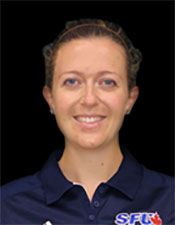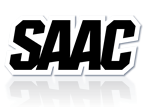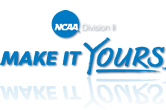Friday, March 30, 2018
In celebration of National Athletic Training Month, the GNAC is profiling athletic trainers throughout the conference. These trained medical professionals at every school work to keep the student-athletes of the GNAC healthy, active and safe.
National Athletic Training Month is an initiative of the National Athletic Trainers Association. To learn more about the month and role athletic trainers provide to the college athletics community, Click Here.
Name: Kim Cormack
Institution: Simon Fraser University
Years at Institution: 3
Hometown: Victoria, B.C.
Colleges Attended & Degrees: Sheridan College (Undergraduate, Athletic Therapy)
Sports In Which You Have Served As A Primary Athletic Trainer: Soccer, basketball, rugby, hockey and freestyle skiing
What Prompted Your Interest In A Career In Athletic Training: I played basketball all through school and really wanted to find a career that could keep me involved in sports. In grade 10, I did a job shadow week at a multidisciplinary clinic and became fascinated with how the body works and how health care practitioners can help in recovery and healing. From there, I shadowed an athletic therapist at the University of Victoria and she introduced me to the field of athletic therapy. After I spent time in the university training room and courtside for a basketball game, I knew this was the career I wanted.
Who Has Been The Biggest Influence On Your Career: I've have been blessed to have been around great therapists early in my career who I could call to get advice and guidance from when I was just starting out. Isabelle Grondin was my mentor through college and helped me prepare for the certification exam. Right now, my colleagues here at SFU have the biggest influence on my career. Within our department, we all have different strengths and I think we complement each other's skill sets and experience.
For You Personally, What Are The Most Satisfying Aspects Of Being An Athletic Trainer: The most satisfying part of being an athletic trainer has to be seeing the success of the student-athletes I work with every day. From scoring their first collegiate goal to grinding out a win to make the playoffs, getting to see all the hard work pay off and see them grow as people make this job very rewarding.
What Are The Most Challenging Aspects Of The Job: The most challenging aspect of being a trainer beside the insane schedule has to be managing my own continuing education with work. Through my career, it has been difficult to find enough work to support myself as well as take courses needed to further my knowledge and skills.
What Is The Most Misunderstood Aspect Of The Athletic Training Profession: Canada is a very physiotherapy and massage therapy dominant culture. Athletic therapy is growing but still isn't well known within the general population or even the health care system as a whole. If I say I am a trainer, most people don't know the full scope of what that means. They don't realize how much hands-on manual therapy we can do. Running onto the field when someone is hurt is the most visible part of our job and in a lot of people’s minds, that's where it ends.
What Is One Key Element Of Your Job That Most People Would Not Realize: Insurance. As the only Canadian school in the NCAA, we have a unique insurance situation that needs to be navigated almost on an individual basis. Depending on if you are Canadian or international, the way you access medical care can vary. Finding the fastest way to get an MRI, for example, could look different from person to person.
What Has Been The Biggest Change In Athletic Training During Your Career: In the nine years since becoming certified, I don't think the way we approach assessment and rehabilitation has changed much. I think the biggest change in the field of athletic training has been the increasing demand for athletic trainers for on-field coverage. The sports community is becoming more aware of things like concussions and heat illness and is requiring an athletic trainer to be present at lower level leagues and events.
What Do You See As Primary Health Concerns Currently In College Athletics: It is hard to pick one primary health concern when you are dealing with over 300 athletes competing in several different sports that range from football to golf. What all these athletes have in common, however, is the student-athlete life balance. The time commitment of one or the other is close to a full-time job and they are doing both! I've seen many athletes burn out and lose their love for their chosen sport. The mental health side of that, when they lose something that has been the center of their life for so long, is something that needs to not be overlooked.
What Advice Would You Give To A High School Or College Student Interested In Pursuing A Career In Athletic Training: Athletic training is a profession that requires you to be fully engaged both mentally and physically. It is extremely rewarding but you probably won't have a free weekend for several months at a time, so you better love what you do! I would advise a student who is starting out in athletic training to make as many connections within the profession as they can. Shadow several people, attend the regional conferences and annual general meetings and get to know who your future colleagues are, as this will help you find a job once you get out there.

